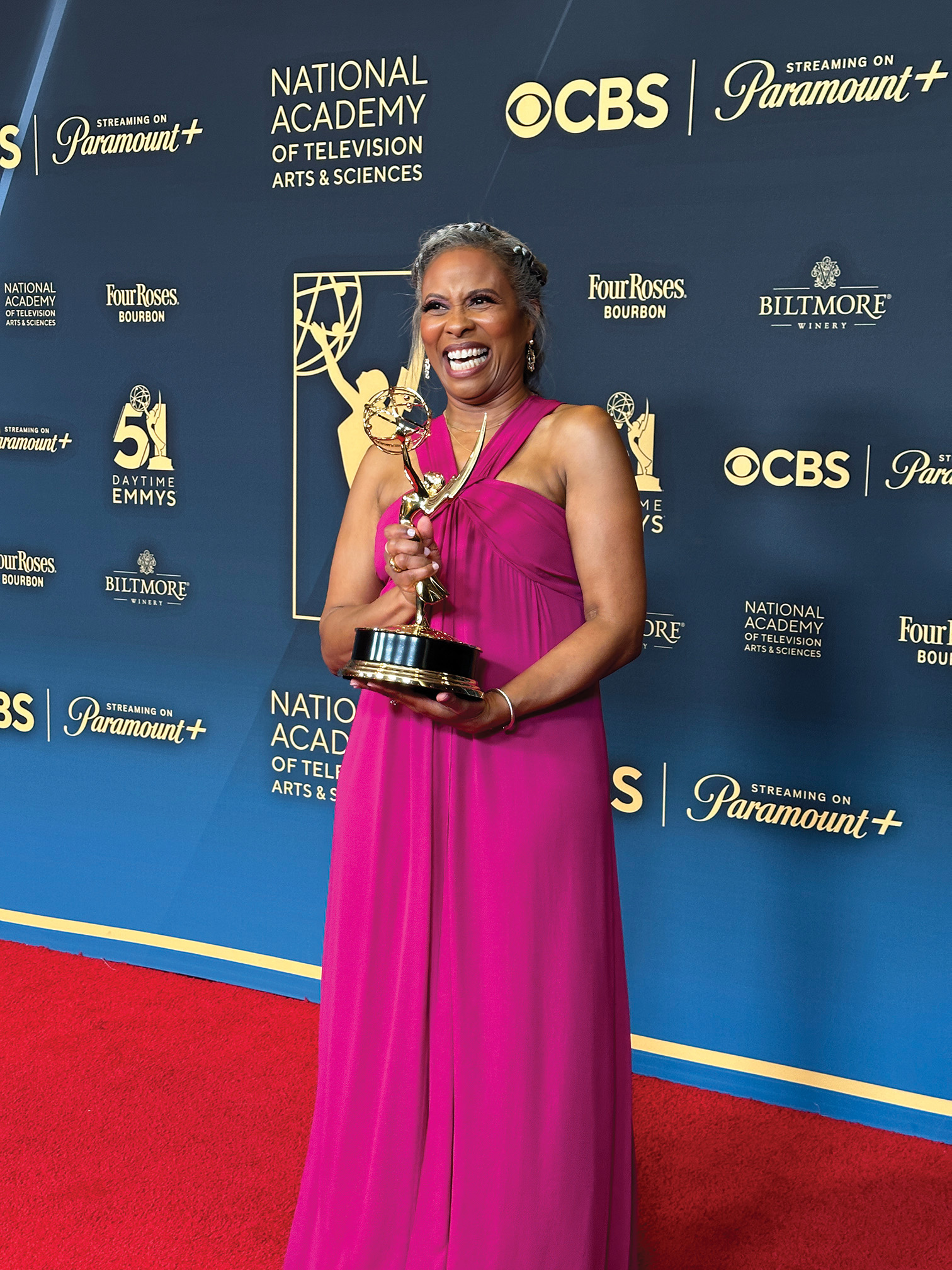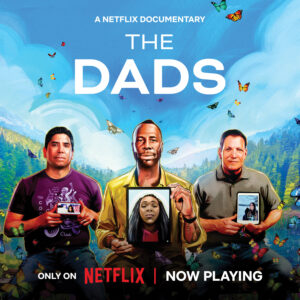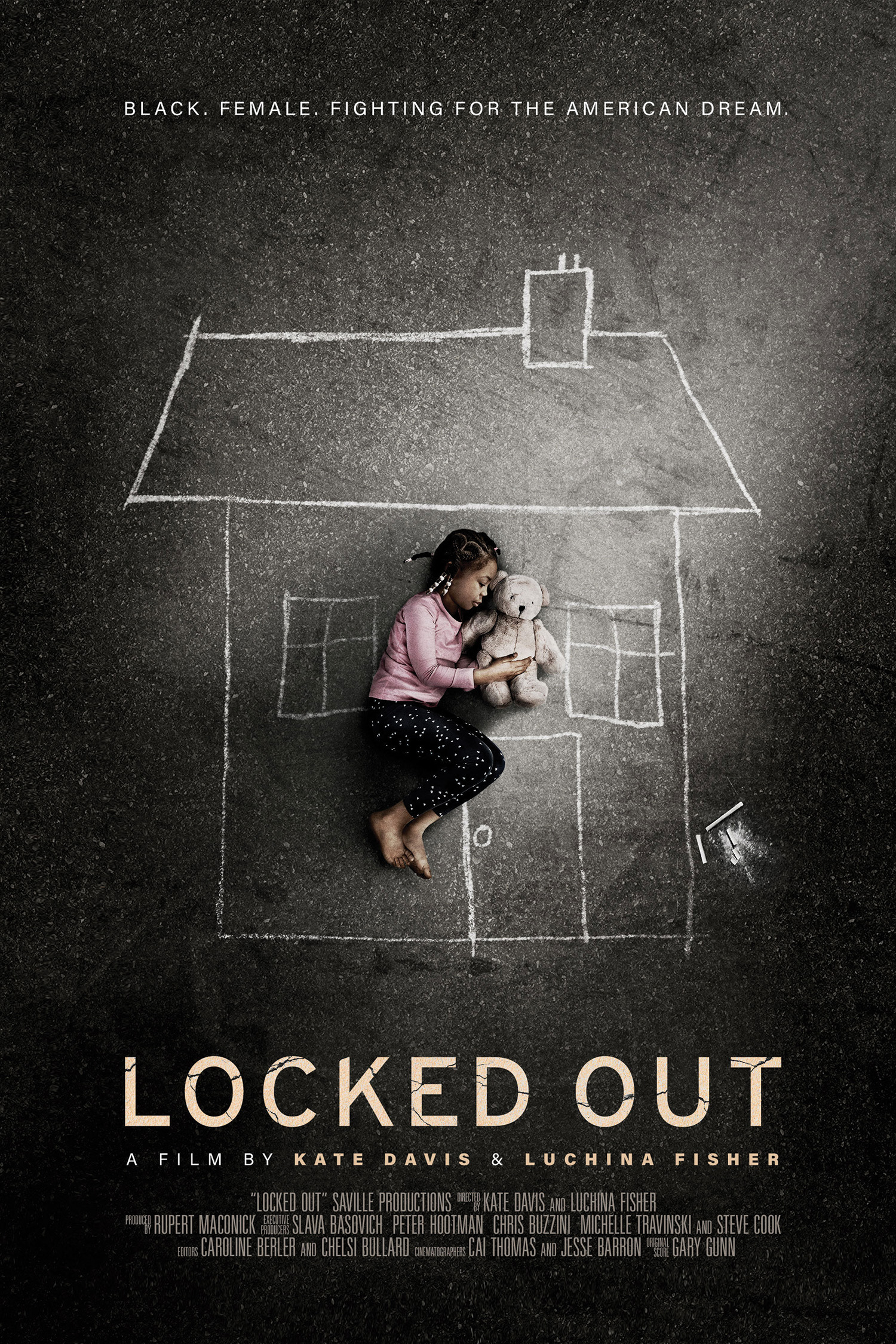 There’s no map for independent filmmaking—no step-by-step guide, no prescribed format. Every indie filmmaker is, in a sense, charting new territory. The process demands deep curiosity, relentless passion, and an openness to let the story lead. At the heart of every great independent film is a story so urgent, so alive, that the filmmaker becomes obsessed with being the conduit—following its path, capturing its soul, and shaping it into something that moves others.
There’s no map for independent filmmaking—no step-by-step guide, no prescribed format. Every indie filmmaker is, in a sense, charting new territory. The process demands deep curiosity, relentless passion, and an openness to let the story lead. At the heart of every great independent film is a story so urgent, so alive, that the filmmaker becomes obsessed with being the conduit—following its path, capturing its soul, and shaping it into something that moves others.
This devotion to storytelling is immediately clear when speaking with New Fairfield resident and Emmy Award winning indie filmmaker Luchina Fisher. A few themes consistently rise to the surface in conversation with her: passion, precision, and profound respect for the collaborative nature of filmmaking. “I have always loved film,” she says simply—but behind that love is decades of dedication to her craft.
While some say the devil is in the details, for Fisher and other indie filmmakers, the details are where the magic lives. The most impactful work shines in the quiet moments—building rapport with cast and crew, making sense of every carefully considered frame, and nurturing the trust built with subjects over time. That trust isn’t a byproduct—it’s the backbone of the process. And for Fisher, it’s no accident. It’s the result of more than 30 years of community-building and craft-honing: raising funds, writing scripts, producing, directing, and editing.
If the path to independent filmmaking feels overwhelming, consider a simple yet powerful piece of wisdom Fisher offers: Give yourself the green light. Not just for the projects that speak to you—but for every step along the way.
 That green light starts with permission to call yourself a filmmaker, even before the credits roll. Indie filmmakers often wear many hats: they’re the director, the producer, the scriptwriter, the editor, and even the curious audience. And they do it all while holding down day jobs, caring for families, or simply navigating the realities of everyday life. Fisher leaned into that multifaceted identity early on, even in film school. “I wanted to be the actor, the director, the producer, and the scriptwriter,” she recalls. From the beginning, she embraced the full spectrum of storytelling—giving herself permission to take up space in every part of the process.
That green light starts with permission to call yourself a filmmaker, even before the credits roll. Indie filmmakers often wear many hats: they’re the director, the producer, the scriptwriter, the editor, and even the curious audience. And they do it all while holding down day jobs, caring for families, or simply navigating the realities of everyday life. Fisher leaned into that multifaceted identity early on, even in film school. “I wanted to be the actor, the director, the producer, and the scriptwriter,” she recalls. From the beginning, she embraced the full spectrum of storytelling—giving herself permission to take up space in every part of the process.
Early in her career, while working at the Miami Herald, Fisher had dreams of making film. She began to find community with other creatives—some were writing novels, others editing or making short films. While staying with a friend who edited from home, she had a pivotal realization: I can do that. That quiet but powerful moment helped build the confidence she needed to own her identity as a filmmaker and to begin stepping deeper into the storyteller she already was.
 Other green lights followed. One of the most transformative was creating space to tell a story without an end goal in mind. Fisher honed her skills in the world of television and print journalism, with tight timelines, predefined outcomes, and network expectations. Independent filmmaking demands something entirely different. It asks for patience, curiosity, and a willingness to let the process unfold on its own terms. It takes time to develop a story. Time to write. Time to raise funds. Time to build the trust required to tell it honestly.
Other green lights followed. One of the most transformative was creating space to tell a story without an end goal in mind. Fisher honed her skills in the world of television and print journalism, with tight timelines, predefined outcomes, and network expectations. Independent filmmaking demands something entirely different. It asks for patience, curiosity, and a willingness to let the process unfold on its own terms. It takes time to develop a story. Time to write. Time to raise funds. Time to build the trust required to tell it honestly.
As you move forward, something else happens—you begin to share your vision. You talk to people about what you’re working on. You build relationships, lean into your community, and slowly start connecting the dots. Skills you didn’t know you possessed begin to surface. Support you never imagined shows up. You realize you’re not just making a film—you’re building something much bigger.
Here’s the beautiful part—while you’re evolving, so is the technology. Every step in your journey is met with new tools, new platforms, and new ways to bring your story to life. Take crowdfunding, for example—it’s a completely different landscape than it was 20 years ago. Today, you can reach far beyond your immediate circle to get a film made. The same goes for crowdsourcing talent and expertise. Whether it’s finding collaborators, learning new software, or building a global audience, the resources that once felt out of reach are now part of the indie filmmaker’s toolkit.
None of this is possible without that first act of courage. You need to take the first step and give yourself the green light. That single act of permission is where everything begins. It’s not just about making film—it’s about making room for your voice to take up space in the world. •